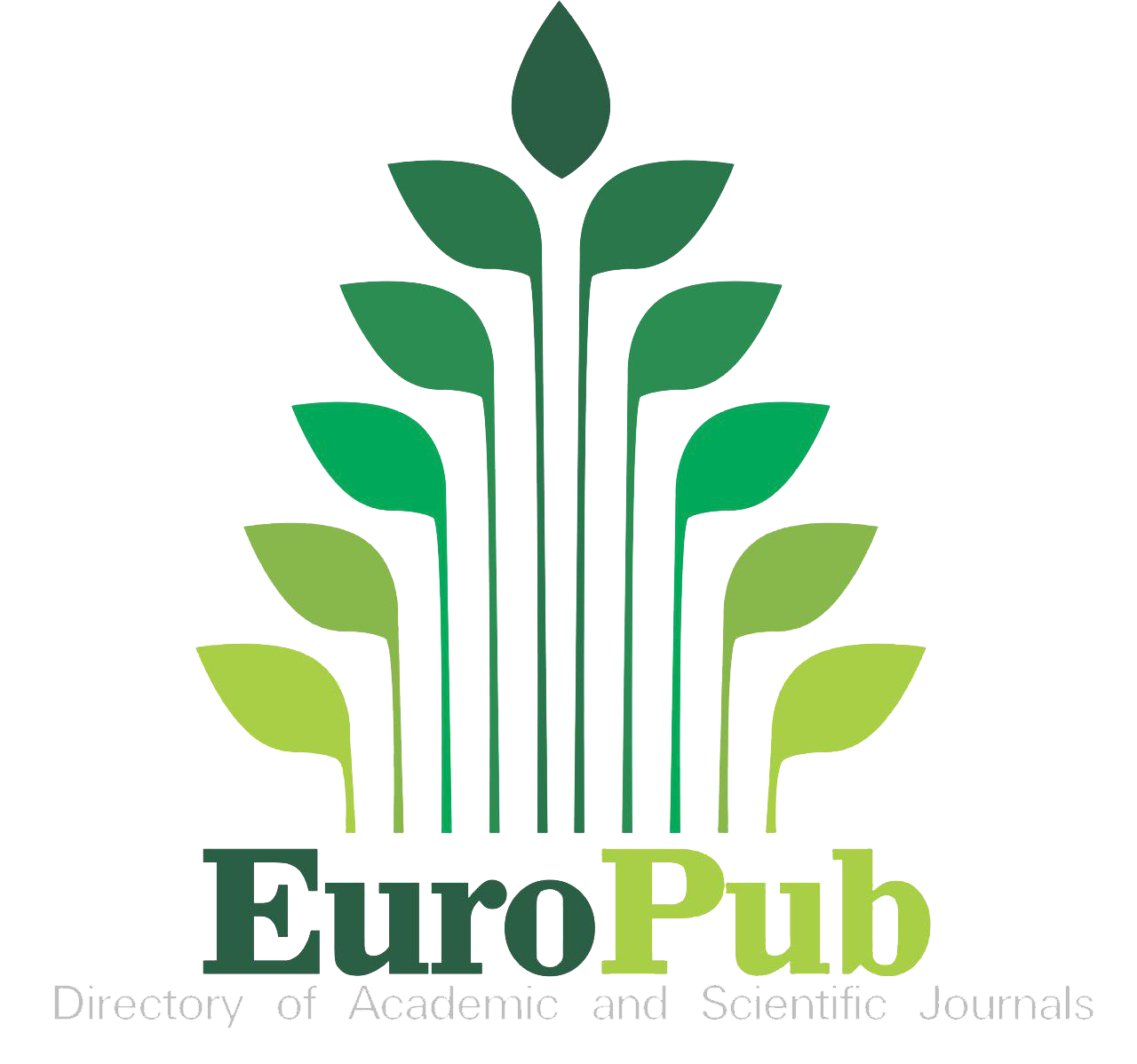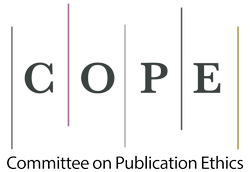THE ORIGIN OF THE ENGLISH LANGUAGE AND ITS ASSIMILATION WITH OTHER LANGUAGES
Keywords:
Evolution, Assimilation, Germanic, Latin, Old Norse, French, Globalization, Vocabulary.Abstract
The English language has a rich and complex history shaped by centuries of evolution and cultural interactions. Its origins trace back to the Germanic languages brought by Anglo-Saxon settlers in the 5th century. Over time, English assimilated elements from Latin, Old Norse, and French due to conquests, trade, and religious influences. The Norman Conquest of 1066 significantly enriched its vocabulary with French words, while the Renaissance introduced Latin and Greek terms. As English expanded globally through colonization and trade, it absorbed words from diverse languages, adapting to new cultural contexts
References
1. Barber, C. The English Language: A Historical Introduction. Cambridge University Press, 2000. (pp. 22–49)
2. Baugh, A. C., & Cable, T. A History of the English Language. Routledge, 2013. (pp. 45–67)
3. Crystal, D. The Stories of English. Penguin Books, 2004. (pp. 78–102)
4. Hogg, R., & Denison, D. A History of the English Language. Cambridge University Press, 2006. (pp. 34–58)
5. McIntyre, D. History of English: A Resource Book for Students. Routledge, 2020. (pp. 91–115)
6. Millward, C. M., & Hayes, M. A Biography of the English Language. Cengage Learning, 2011. (pp. 142–169).
7. Pyles, T., & Algeo, J. The Origins and Development of the English Language. Cengage Learning, 2010. (pp. 53–82)
8. Romaine, S. Language in Society: An Introduction to Sociolinguistics. Oxford University Press, 2000. (pp. 121–138)
9. Strang, B. M. H. A History of English. Routledge, 1970. (pp. 60–89)





























